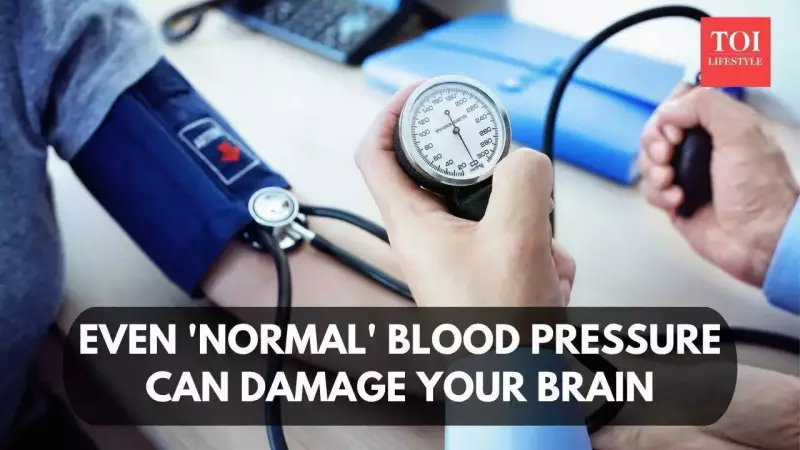
When we think about blood pressure problems, we typically worry about those high numbers during our waking hours. But groundbreaking new research suggests we might be looking in the wrong direction entirely.
The Nighttime Danger Most People Miss
A recent study has uncovered a potentially dangerous blood pressure pattern that occurs while you sleep. Unlike traditional hypertension that doctors check during daytime visits, this hidden pattern specifically involves elevated blood pressure readings at night.
What makes this discovery particularly alarming? Researchers found a strong connection between this nighttime blood pressure pattern and memory problems, including cognitive decline that could lead to more serious conditions like dementia.
Why Nighttime BP Matters More Than We Thought
Your body follows natural circadian rhythms, and blood pressure typically drops during sleep—a phenomenon known as "nocturnal dipping." When this doesn't happen, or when blood pressure actually rises at night, it creates constant stress on your brain's blood vessels.
This sustained pressure can damage the delicate small vessels in the brain, potentially leading to:
- Reduced blood flow to brain regions responsible for memory
- Silent mini-strokes that accumulate over time
- Structural changes in brain tissue
- Impaired cognitive function and memory recall
The Silent Nature of This Health Threat
Most concerning is that people with this condition often have completely normal blood pressure readings during their doctor's appointments. Since the problematic pattern only emerges during sleep, it can go undetected for years—quietly affecting brain health without any obvious warning signs.
The solution? Experts recommend 24-hour blood pressure monitoring for individuals concerned about their cognitive health, especially those with family history of memory problems or dementia.
Protecting Your Brain Health
While this research might sound alarming, it also opens new avenues for prevention. By identifying and addressing nighttime blood pressure issues early, we might be able to protect cognitive function and reduce dementia risk.
If you're concerned about your brain health or have noticed memory changes, discussing 24-hour blood pressure monitoring with your healthcare provider could be a crucial step toward maintaining your cognitive abilities as you age.





